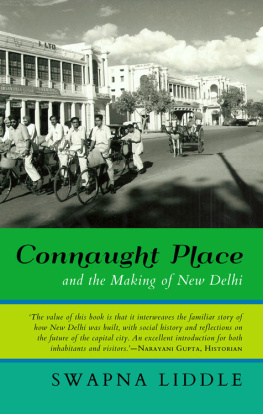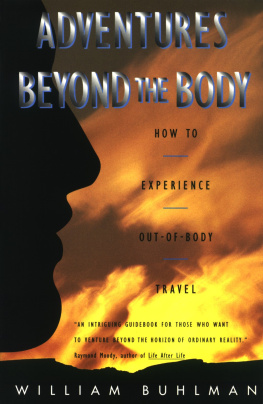PREFACE
While engaged during the last ten years in the task of mastering the original authorities of the history of the Napoleonic wars, I have had to peruse many scores of diaries, autobiographies, and reminiscences of the British military and naval officers who were engaged in the great struggle. They vary, of course, in interest and importance, in literary value, and in the power of vivid presentation of events. But they have this in common, that they are almost all very difficult to procure. Very few of them have been reprinted; indeed, I believe that the books of Lord Dundonald, Sir John Kincaid, Gleig, John Shipp, and Colonel Mercer are wellnigh the only ones which have passed through a second edition. Yet there are many others which contain matter of the highest interest, not only for the historical student but for every intelligent reader. From these I have made a selection of ten or a dozen which seem to me well worth republishing.
Among these is the present volumethe reminiscences of a subaltern of the Connaught Rangers, the old 88th. William Grattan was one of the well-known Dublin family of that namea first-cousin of Thomas Colley Grattan the novelist, and a distant kinsman of Henry Grattan the statesman; he joined the regiment as ensign on July 6, 1809. He went out to the 1st Battalion, and reached it on the Caya late in 1809; he served with it till the spring of 1813, when he went home on leave, having obtained his lieutenancy on April 12, 1812. Thus he was for more than four years continuously with the colours, and saw Busaco, Fuentes dOoro, El Bodon, the storms of Ciudad Rodrigo and Badajoz, Salamanca, and the disastrous retreat from Burgos. He was only off duty for a few weeks in 1812, in consequence of a wound received at Badajoz. In the ranks of the 3rd Divisionthe Fighting Division as he is proud to call ithe saw a greater portion of the war than most of his contemporaries, though he missed Vittoria and the invasion of France which followed.
Grattan as an author had two great merits. He had a very considerable talent for describing battles--indeed some of his chapters would not have disgraced the pen of William Napier. Of the many memoirs which I have read, I think that his is on the whole the most graphic and picturesque in giving the details of actual conflict. His accounts of Fuentes DOoro, Salamanca, and above all of the storm and sack of Ciudad Rodrigo and Badajoz, are admirable. The reader will find in them precisely the touches that make the picture live. His second virtue is a lively sense of humour. The Connaught Rangers were the most Irish of all Irish regiments, and the boys that took the world aisy, as Grattan calls them, were as strange a set to manage as ever tried an officers temper. I cannot bring myself to think them, as many did, a parcel of devils, writes Grattan; neither will I by any manner of means try to pass them off for so many saints (pp. 128129); but whether good or bad, they were always amusing. For the exploits of Ody Brophy and Dan Carsons, of Darby Rooney and Barney Mackguekin, I must refer the reader to the book itself. Their doings, as recorded by the much-tried commander of their company, explain clearly enough Sir Thomas Pictons addiction to drum-head court-martials, and Lord Wellingtons occasional bursts of plain and drastic language. But no one with any sense of the ludicrous can profess any very lasting feeling of indignation against these merry if unscrupulous rascals.
. See, for example, his remarks on the 88th to Sir James MGrigor, on page 259 of the latters autobiography.
It is clearly from the domestic annals of the 88th that Charles Lever drew the greater part of the good stories which made the fortune of Charles OMalley. The reader will find many of the characters of that excellent romance appearing as actual historical personages in Grattan, notably the eccentric surgeon Maurice Quill, whose fame was so great throughout the British army that the novelist did not even take the trouble to change his name. His colleague Dr. OReily was almost as great an original. Many of the humours of Mickey Free seem to be drawn directly from the doings of Grattans servant Dan Carsons. Comparing the real thing with the work of fiction, one is driven to conclude that much of what was regarded as rollicking invention on Levers part, was only a photographic reproduction of anecdotes that he had heard from old soldiers of the Connaught Rangers.
Military diaries are often disappointing from one of two causes. Either the author slips into second-hand and second-rate narratives of parts of the campaign which he did not himself witnessthings which he had better have left to the professed historianor he fails to give us those small traits of the daily life of the regiment which are needed to make us realise the actualities of war. Grattan sometimes falls into the first-named fault, but never into the latter. He seems to have had an instinctive knowledge of what future generations would want to know concerning the old Peninsular armyits trials in the matter of pay, food, and clothing, its shifts and devices, its views of life and death. If any one wishes to know why Sir Thomas Picton was unpopular, or what the private and the subaltern thought about Lord Wellington, they will find what they seek in these pages. Nowhere else have I seen the psychology of the stormers of Ciudad Rodrigo and Badajoz dealt with in such a convincing fashion; let the reader note in particular pages 1445 and 1934.
I have to confess that in various parts of this reprint I have used the Editors license to delete a certain amount of the authors original manuscript. Grattan had two besetting sins considered as a literary man. The first was one to which I have already made allusion. Not unfrequently he quitted his autobiographical narrative, and inserted long paragraphs concerning parts of the war of which he had no personal knowledge, e.g. about the movements of Hills corps in Estremadura, or of the Spaniards in remote corners of the Peninsula. These, as is natural, are often full of inaccuracies: sometimes (and this is a worse fault) they turn out to be taken almost verbatim from formal histories, such as those of Colonel Jones and Lord Londonderry. In one place I found thirty lines which were practically identical with a passage in Napier. In all cases these relate to parts of the war which did not come under Grattans own eyes: I have therefore ventured to omit them.



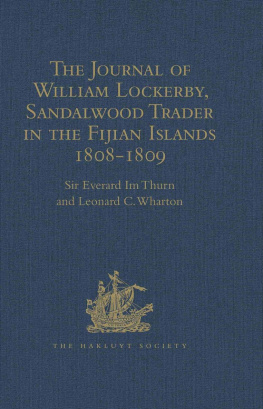

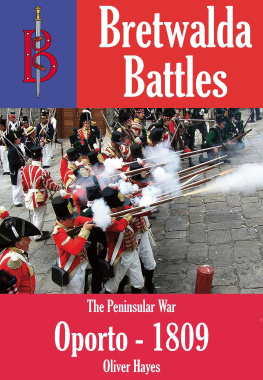
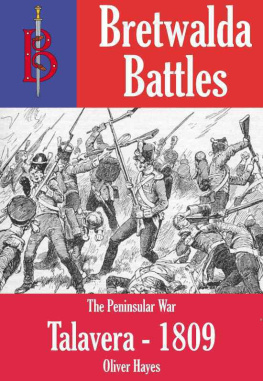
![Charles William Chadwick Oman - Wellingtons Army 1809-1814 [Illustrated Edition]](/uploads/posts/book/291191/thumbs/charles-william-chadwick-oman-wellington-s-army.jpg)
